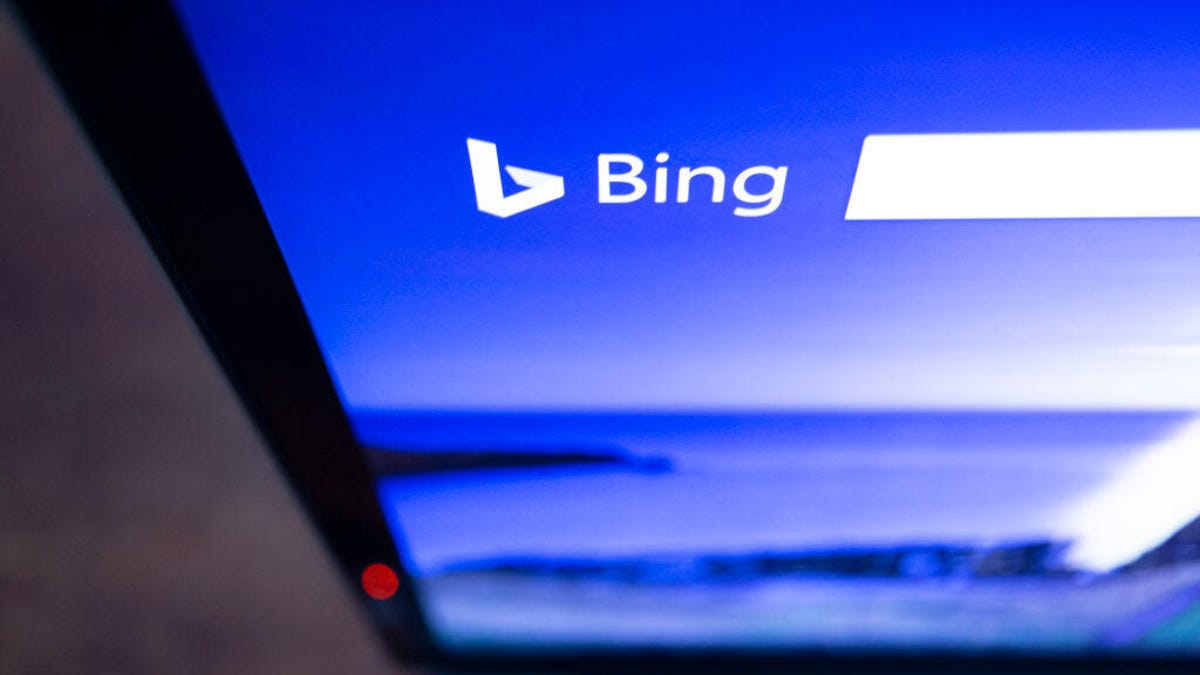Microsoft's Bing still showed child porn, as tech firms struggle with issue
A New York Times report says Bing surfaced child pornography, almost a year after the Microsoft search engine had been called out over the problem.

Microsoft's Bing search engine reportedly still served up child porn, nearly a year after the tech giant said it was addressing the issue. The news comes as part of a Saturday report in The New York Times that looks at what the newspaper says is a failure by tech companies to adequately address child pornography on their platforms.
In January, Bing was called out for surfacing child pornography and for suggesting additional search terms related to illegal images. At the time, TechCrunch reported, Microsoft said it was doing the best job it could of screening such material and that it was "committed to getting better all the time."
But a former Microsoft executive told the Times that it now looks as if the company is failing to use its own tools.
The Times' Saturday report notes that 10 years ago, Microsoft helped create software called PhotoDNA that "can use computers to recognize photos, even altered ones, and compare them against databases of known illegal images." But, the Times said, Bing and other search engines that use Bing's results are serving up imagery that doesn't pass muster with PhotoDNA.
A computer program created by the Times used more than three dozen terms to query search engines and see if the sites returned child sexual abuse material. Viewing such material is illegal, and the program blocked the resulting imagery, but it noted where on the internet the pictures were coming from. Then those Web addresses were sent to the PhotoDNA service, which matched many of the associated pictures to known illegal imagery.
In January, after the earlier report about Bing, Microsoft said it was using "a combination of PhotoDNA and human moderation" to screen content "but that doesn't get us to perfect every time." The Times' Saturday report quotes a Microsoft spokesperson as saying that child porn is "a moving target."
"Since the NYT brought this matter to our attention, we have found and fixed some issues in our algorithms to detect unlawful images," the spokesperson told the Times.
Microsoft didn't respond to CNET's request for comment.
The Bing news is part of a larger story from the Times about how various tech companies are dealing with child porn on their platforms. "Approaches by tech companies are inconsistent, largely unilateral and pursued in secret, often leaving pedophiles and other criminals who traffic in the material with the upper hand," the Times report said.
Part of the issue is privacy, some companies say. "Tech companies are far more likely to review photos and videos and other files on their platforms for facial recognition, malware detection and copyright enforcement," the Times said. "But some businesses say looking for abuse content is different because it can raise significant privacy concerns."